(TN&MT) - In recent times, the Department of Natural Resources and Environment of Ba Ria - Vung Tau province, relevant departments, branches and localities have proactively implemented many practical solutions to improve the efficiency of waste collection and treatment in activities of industries in rural areas, thereby contributing to improving the efficiency of environmental management and protection (EMP) in the province.
Reduce pollution
Currently, in Ba Ria - Vung Tau province, there are more than 3,577 households and establishments participating in rural occupations, divided into groups: Processing and preserving agricultural and aquatic products; handicraft production; production of wooden products, rattan and bamboo, ceramics, glass, textiles, yarn, embroidery, knitting, small mechanics; processing and processing of raw materials; production and trading of ornamental plants; salt production... Currently, there are 6 occupations and 1 traditional craft village recognized by the People's Committee of Ba Ria - Vung Tau province.
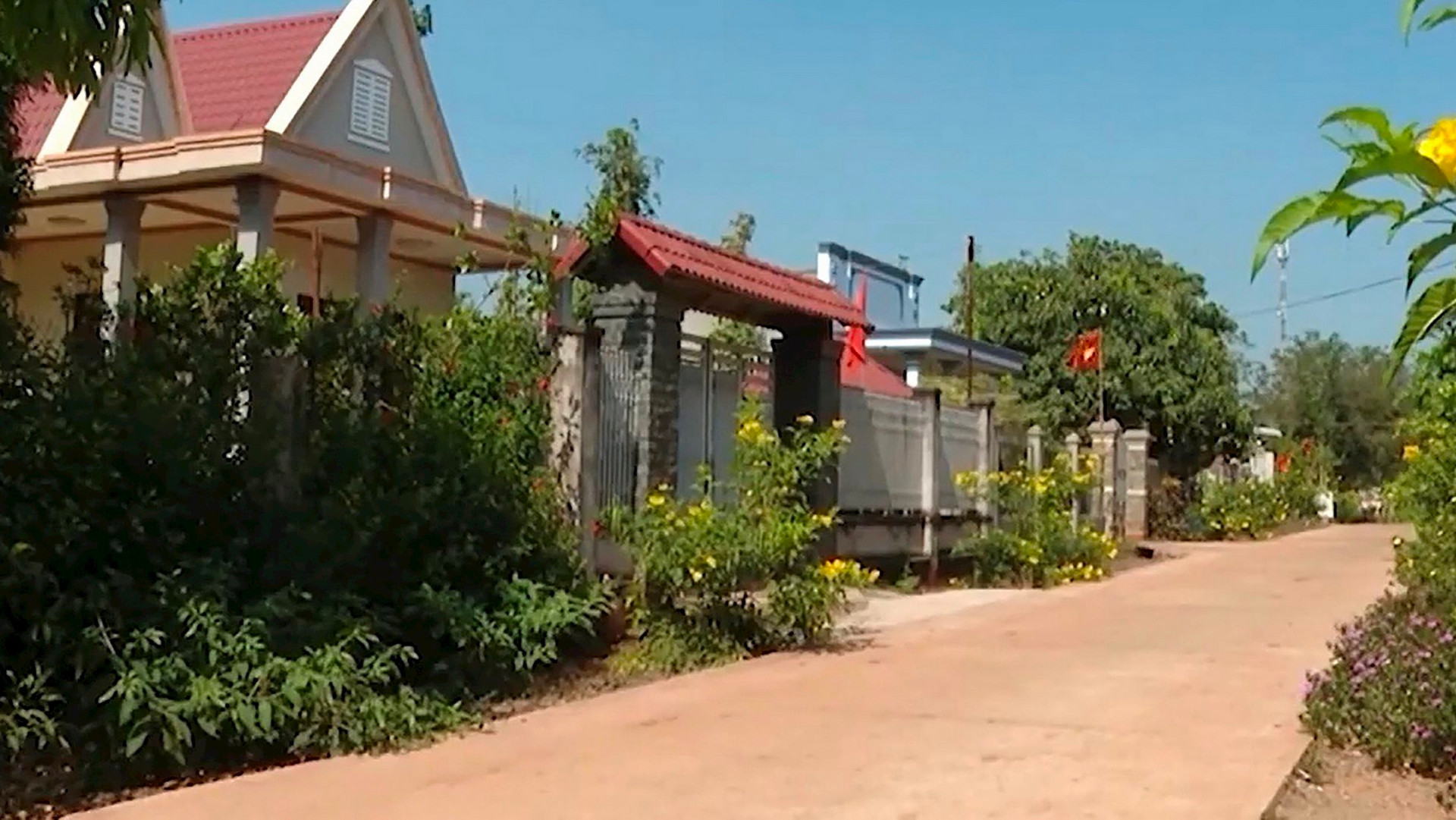
The rural environment is increasingly green - clean - beautiful.
In order to manage waste from industrial activities in rural areas and improve the effectiveness of environmental protection, the Department of Natural Resources and Environment of Ba Ria - Vung Tau province has strengthened coordination with relevant departments and localities to synchronously implement solutions. Specifically, for hazardous waste management, departments and localities have focused on disseminating and guiding people to use plant protection drugs safely, limiting pesticide residues from seeping into the environment and collecting used pesticide packaging in tanks arranged by the locality. For seafood processing activities, the Department of Natural Resources and Environment of Ba Ria - Vung Tau province has coordinated with relevant departments and localities to strengthen inspection and handling of violations against households and businesses that do not invest in wastewater treatment systems; relocate seafood processing facilities to concentrated areas to minimize environmental pollution, as well as restore surface water degradation in rivers.
According to Mr. Dang Son Hai - Deputy Director of the Department of Natural Resources and Environment of Ba Ria - Vung Tau province, rural economic sectors play an important role in stabilizing the lives of local people, while contributing to the overall socio-economic development of the regions. However, environmental pollution in residential areas in some localities still occurs. Typically, the discharge of untreated wastewater into the environment by small-scale seafood processing facilities and households poses a high risk of environmental pollution, directly affecting people's health.
Tighten management
Mr. Dang Son Hai - Deputy Director of the Department of Natural Resources and Environment of Ba Ria - Vung Tau province said: To contribute to creating a new look for the rural environment, and at the same time, join hands to accelerate the sustainable socio-economic development of the locality, the People's Committee of Ba Ria - Vung Tau province requests the Department of Natural Resources and Environment, relevant departments and localities to focus on overcoming existing problems, thoroughly handling areas of environmental pollution, ensuring the province's development in a sustainable and environmentally friendly direction.
Accordingly, for rural areas, the People's Committee of Ba Ria - Vung Tau province assigned functional agencies to strengthen management and control of the use of pesticides and fertilizers and focus on handling the situation of dumping pesticide containers into the environment. At the same time, promote propaganda to raise awareness among people and businesses about their roles and responsibilities in environmental protection, thereby contributing to reducing environmental pollution, protecting people's health and the ecosystem.
Regarding the management of solid waste in craft villages, the Department of Natural Resources and Environment of Ba Ria - Vung Tau province, departments, branches and localities shall strengthen the review of environmental protection conditions for craft villages in the area, make plans to overcome and implement them for craft villages that do not meet environmental protection conditions, and strictly manage the recognition of craft villages that ensure environmental protection conditions according to regulations in Clause 1, Article 7 of Circular No. 46/2011/TT-BTNTM dated December 26, 2011 of the Ministry of Natural Resources and Environment.
At the same time, the Department of Natural Resources and Environment, departments, branches and localities continue to step up guidance, inspection and examination of compliance with environmental protection laws for production establishments in craft villages, especially focusing on establishments of production types with high risk of causing environmental pollution; focus on investing in infrastructure systems for collecting and treating wastewater, completing technical infrastructure of 2 concentrated seafood processing zones in Loc An, Binh Chau and Hoa Long Industrial Cluster to relocate seafood processing establishments and production establishments operating in residential areas causing pollution.
In addition, the Department of Natural Resources and Environment, relevant departments and localities continue to thoroughly implement the tasks and solutions on environmental protection throughout the political system in the spirit of Directive No. 27-CT/TU dated March 23, 2018 of the Ba Ria - Vung Tau Provincial Party Committee on environmental management and protection; resolutely and responsibly organize the implementation of the tasks assigned in Decision No. 2029/QD-UBND dated July 27, 2018 of the Ba Ria - Vung Tau Provincial People's Committee on the Plan to implement Directive No. 27-CT/TU of the Provincial Party Committee according to the assignment and decentralization. Heads of relevant departments and localities at all levels are responsible according to the management decentralization before the Provincial People's Committee if they allow organizations and individuals to pollute the environment without being detected and handled promptly.
Source







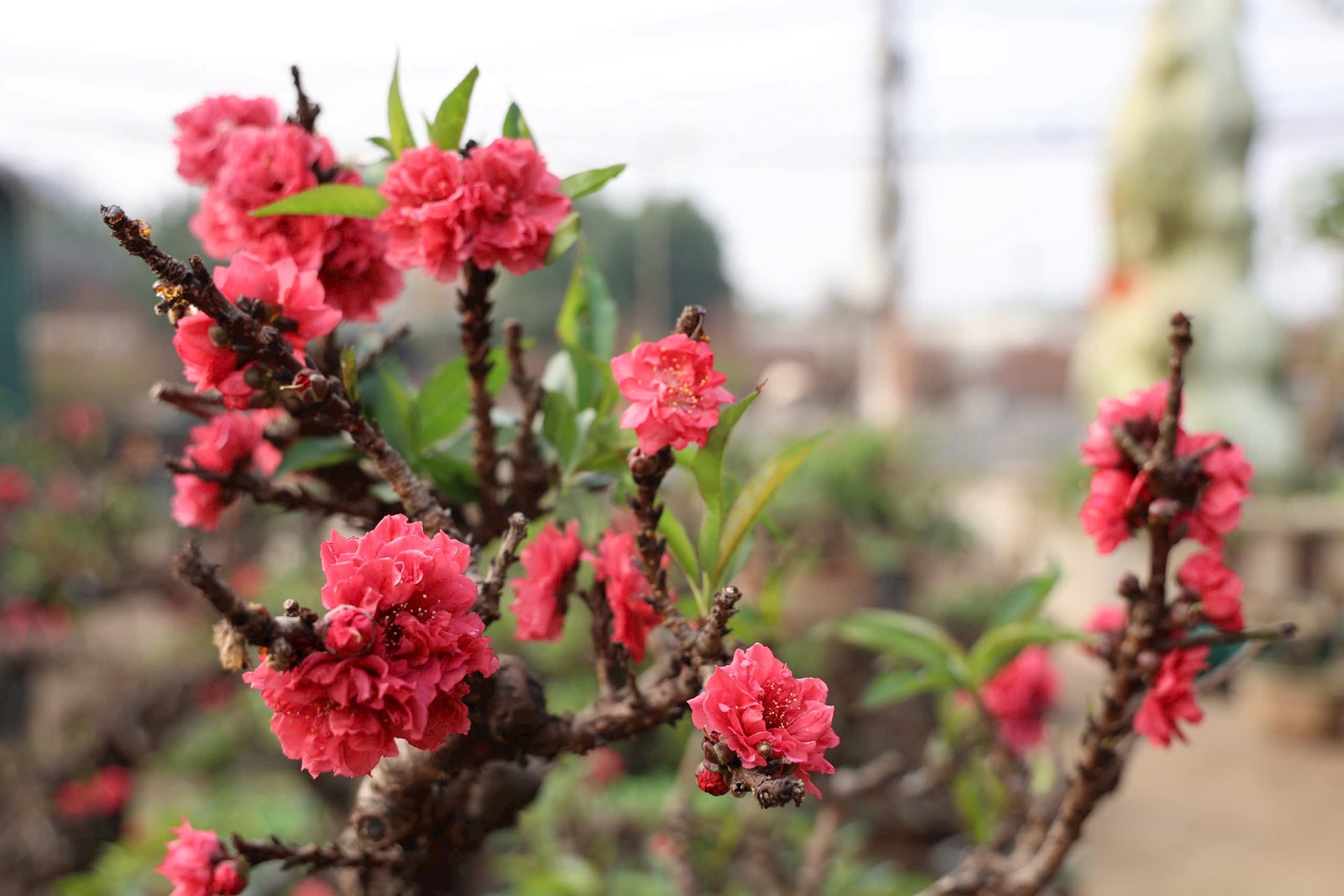














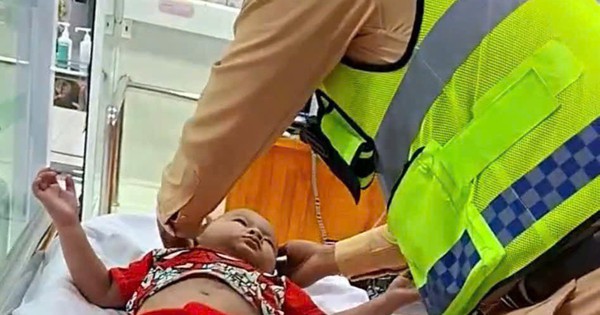

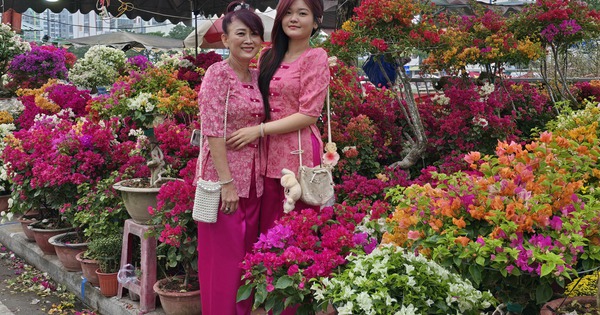

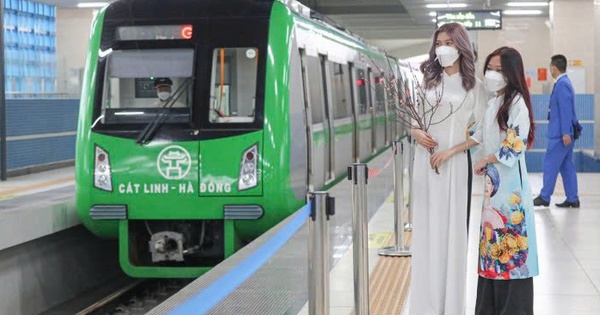


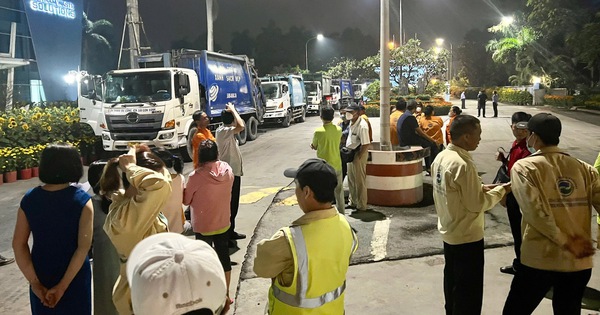
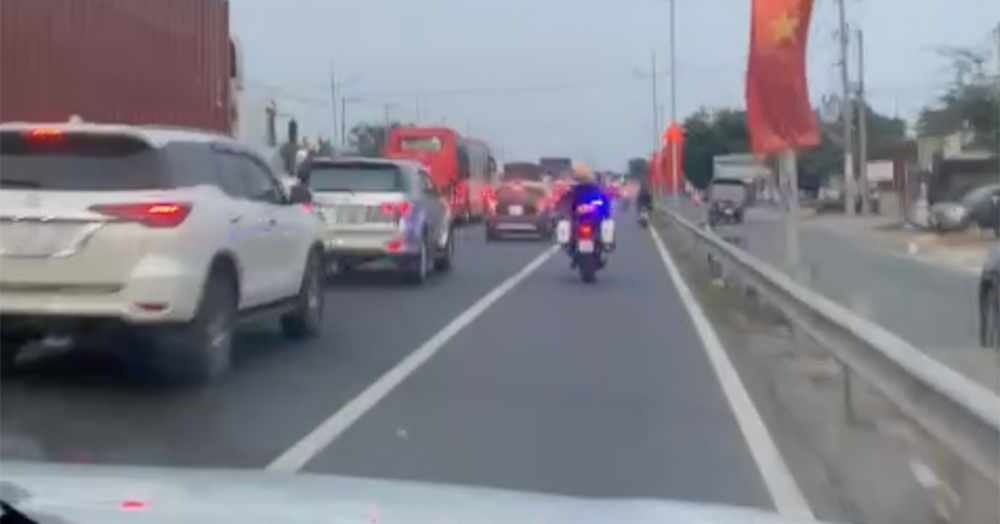
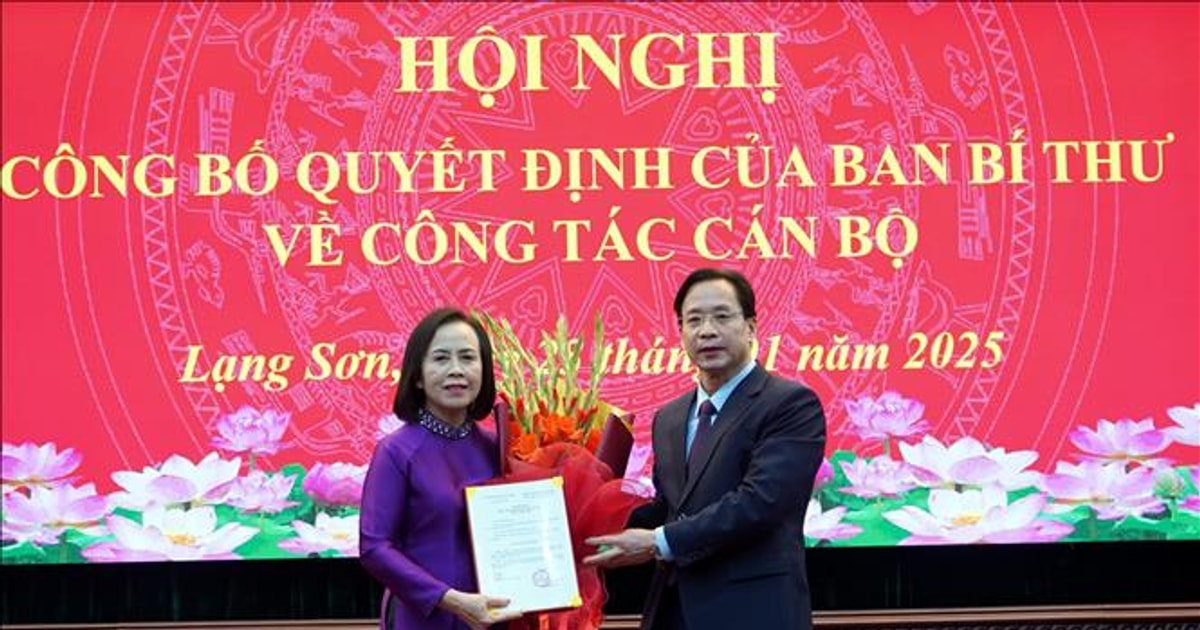


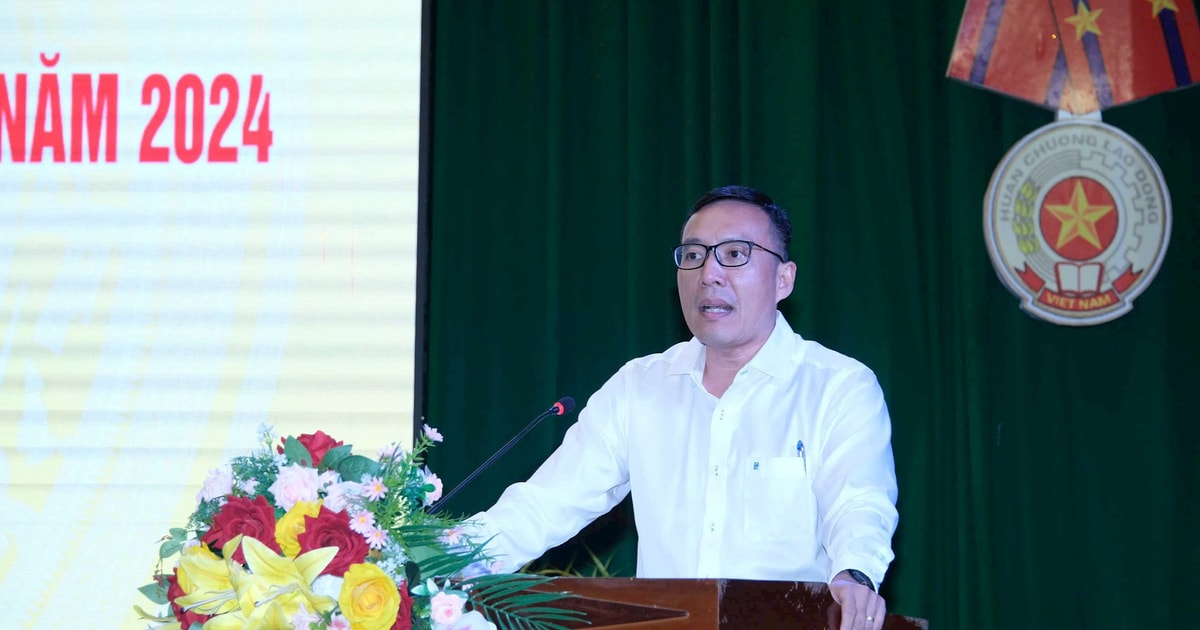

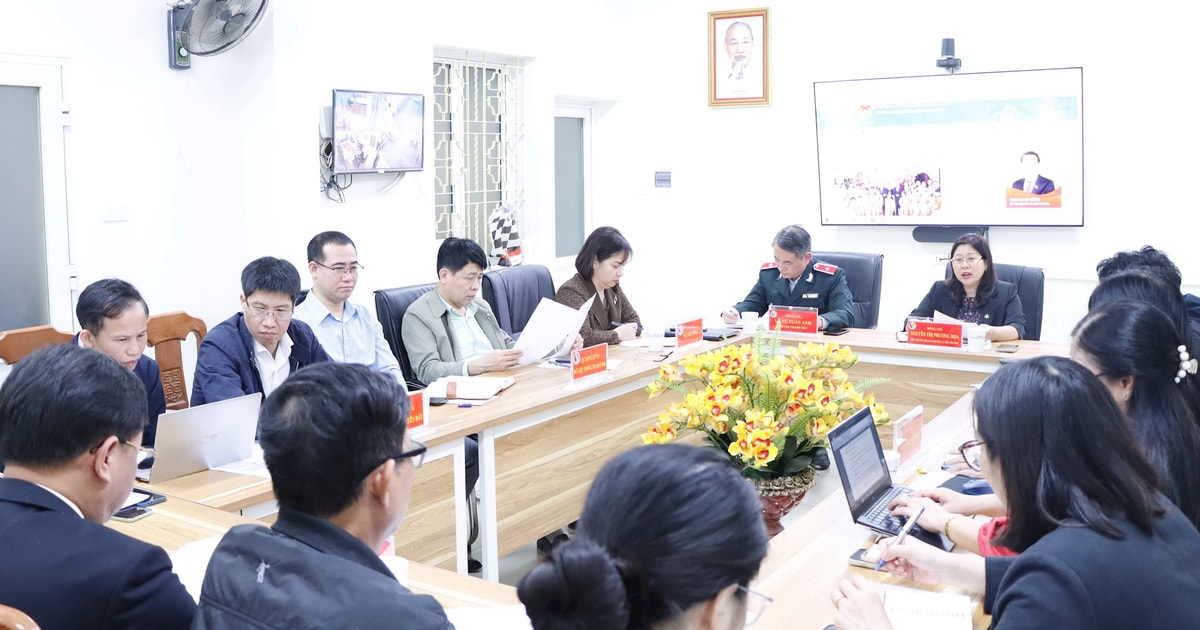







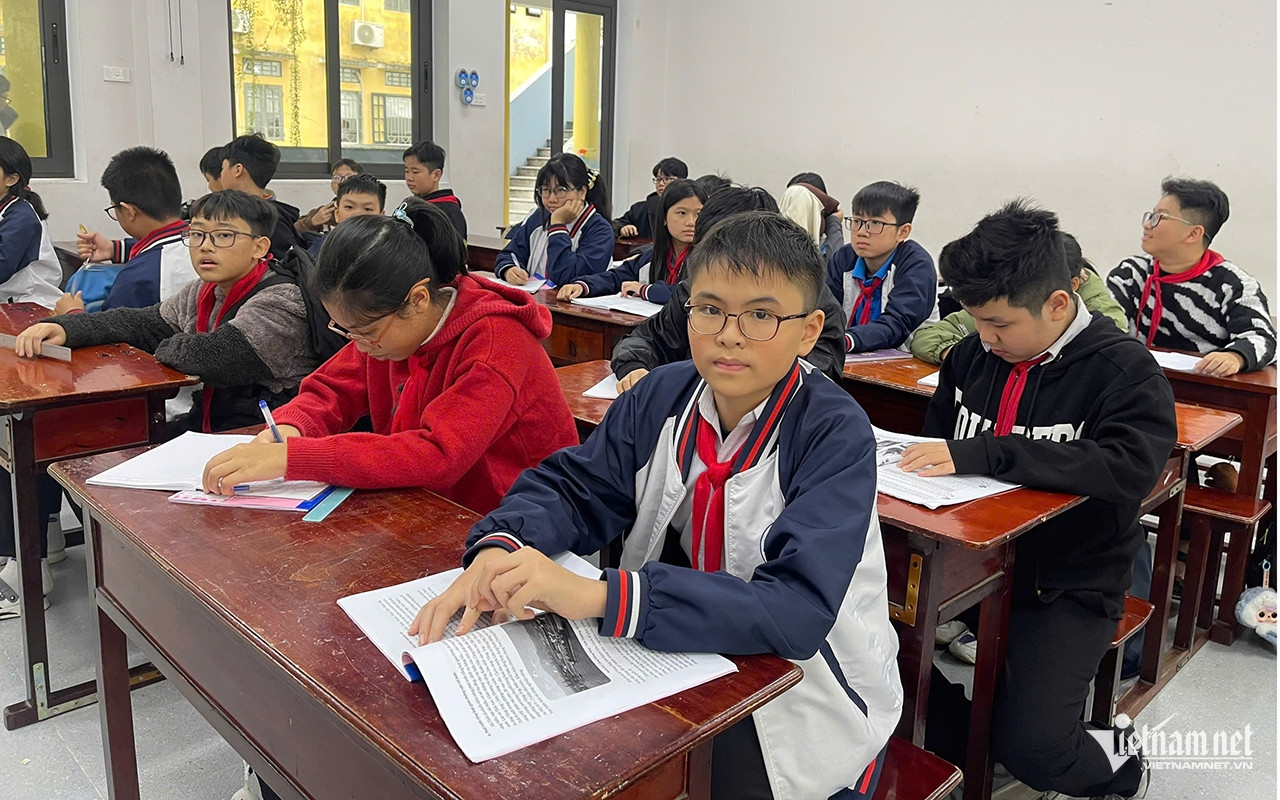
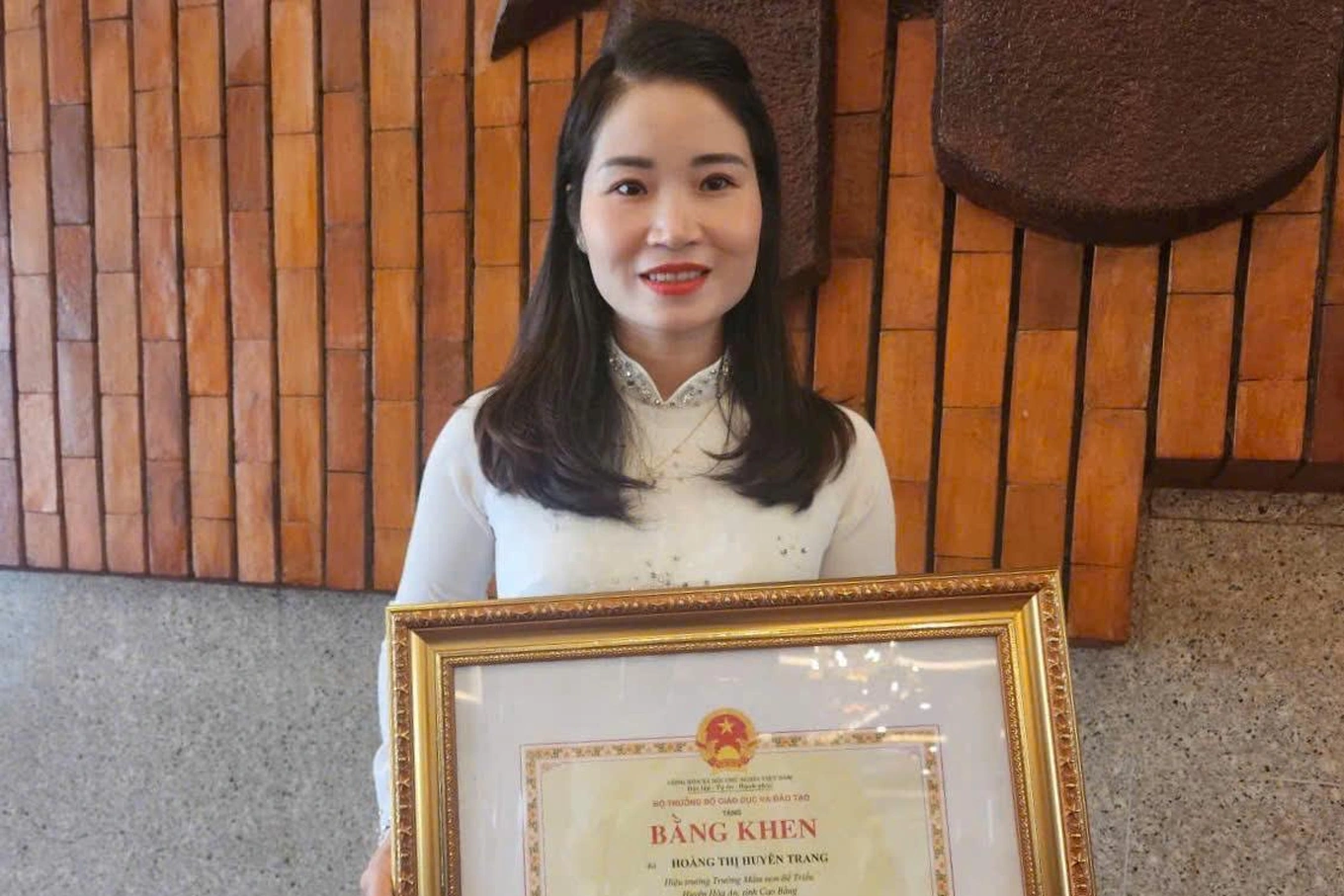
Comment (0)